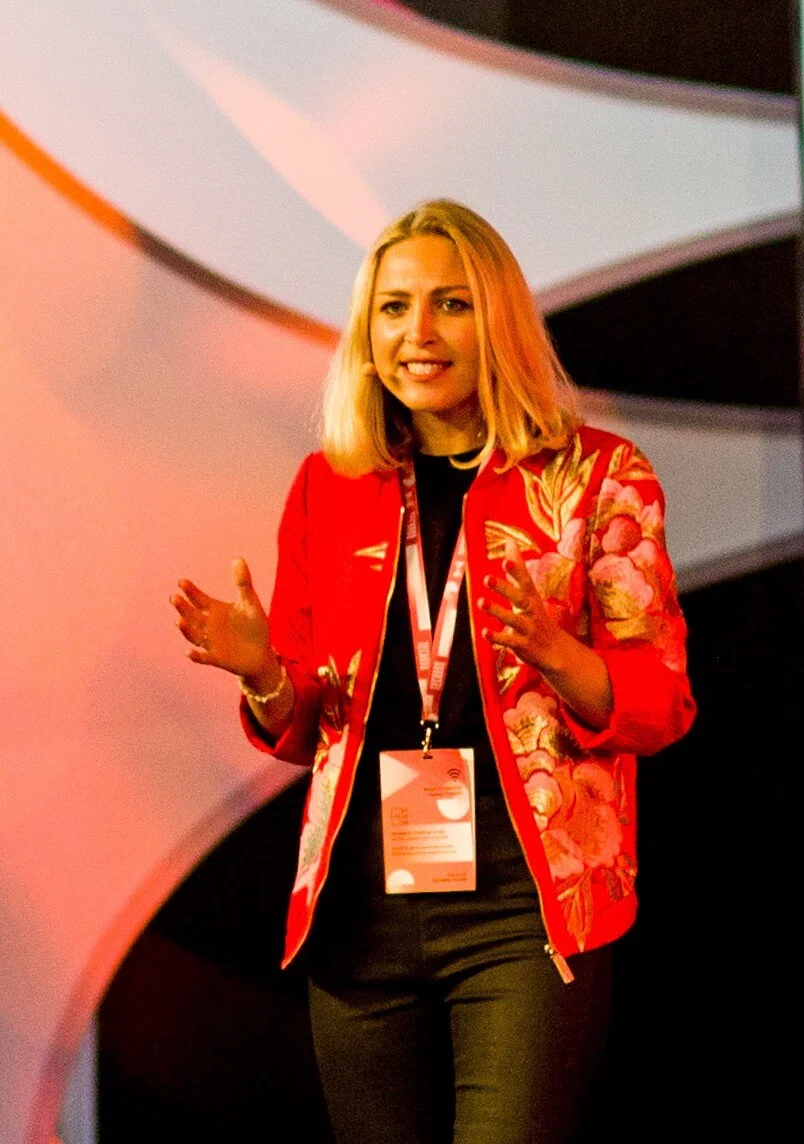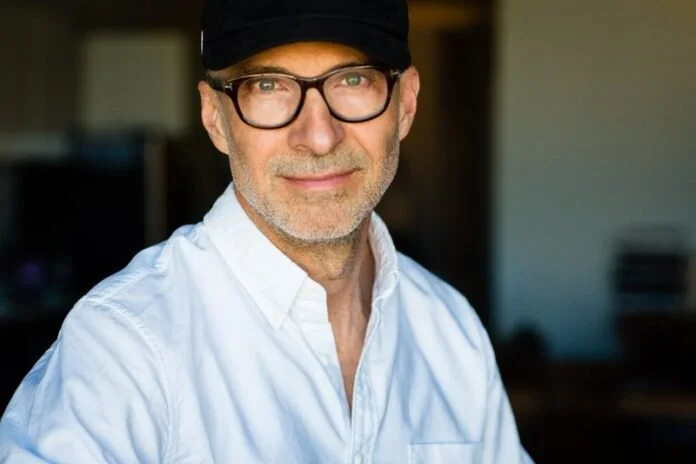Article: Ageism & Entrepreneurship - Part 1
← back
Do entrepreneurs fear ageing?
With guest contribution by David Stewart
A 10 minute read: pause, hit the mute button and for a moment, walk through a different narrative
In this series we explore Ageism and the multitude of ways it affects entrepreneurs and their mental wellbeing.
—————————————————————————————————————
Contrary to popular belief, youth isn’t the magic potion that will make a startup succeed. There is a binary view on the age of entrepreneurs and a misconception that ‘fresh out of college blooms’ will change the world with their wild million dollar ideas.
In part one, we speak with David Stewart, Founder & CEO of Ageist, a community of people living life and breaking the stereotypes of ageing and ageism, about the effects of age in entrepreneurship.
David believes that there is a fear of ageing in the entrepreneurial world, and it comes as no surprise when the media pushes the narrative that an entrepreneur is that young person in their hoodie with a Macbook.
Perceptions of current startup culture are that only young entrepreneurs can bring fresh and new ideas to the table, and the more seasoned entrepreneurs are seen as less adventurous, which often then translates into unexciting. But it would be a mistake to underestimate the potential of those entrepreneurs who have been around the block a couple of times, and who have the experience and the knowledge someone new to the game doesn’t possess.
Old dogs can learn new tricks
“Contrary to popular belief, youth isn’t the magic potion that will make a startup succeed. There is a binary view on the age of entrepreneurs and a misconception that ‘fresh out of college blooms’ will change the world with their wild million dollar ideas.” — David Stewart
Although it is true that the youth can be fearless, they can also make quick, less rational decisions that can turn a business upside down.
“Overtime, one learns to tame emotions and becomes a more moderate version of oneself. But age is a state of mind, and one’s personality isn’t lost during maturity, but better yet, it is affixed and established, and if one is born inquisitive and eager to learn, that won’t change beyond the years. Entrepreneurs who are in their 40s or 50s do keep up with trends, put themselves out there as much as the next person and more importantly, they are still eager to learn. Although as time goes by, one may face some extra difficulties, the brain still has an astonishing ability to learn and master many new skills, whatever the age,” says David.
Ditching the fear
Generations of entrepreneurs face similar obstacles and time won’t stop for any of them, so the younger will become the older at some point, and the cycle will repeat itself. So why do we fear ageing?
Another way to look at our fear of ageing is to look at it as a fear of being vulnerable, fear of rejection - something many of our entrepreneurs have spoken about in NAKED podcast episodes. When we are vulnerable we expose ourselves to judgment, embarrassment or ways of thinking that we haven’t thought about before. It is true that entrepreneurs are often seen as super humans who can solve any given problem and better yet, never break from adversity. The ‘logic’ of some could be the older you get the wiser you are, the less problems you face, so never mind having any vulnerabilities.
Using the following analogy, David helps to visualise the point:
It’s like when you go to a party where there’s hundreds of people and you only know the person who invited you. At the beginning you can feel really awkward and the antidote to that, the immediate solution is you just go up to the host and ask, ‘Hey, how can I help?’ What do you need? And then all of a sudden you are of service to the people in the room, and you no longer feel awkward. [...] it’s going from a self-centred to a ‘others-centred’ mentality. And because helping is sort of a form of curious interaction, you're now learning all kinds of things.
This shows that there is a change in dynamics without a need to change who you are. What the founder offers is a switch on perspective, going from ‘everyone is judging me’, to ‘I am part of the gang without having to be somebody else’. To overcome the potential blockage that often comes from feeling insecure when we leave our comfort zone - just as it happens when different generations of entrepreneurs co-work/co-exist - David advises to go from ‘self-centred’ to ‘others-centred’. That way the fear will be dispersed quickly and your mind opens up to new possibilities and opportunities.
Ageing is seen negatively to entrepreneurial activity in the eyes of the media, and that can deflate those who want to start their new adventures in their later years or those who are already in their entrepreneurial journey but studies show otherwise. Older entrepreneurs stay in business longer than the younger and are more likely to succeed in their ventures. That kind of resilience is only learnt and can be an asset to older entrepreneurs.
Age, both on the younger margin or older have their benefits and if either side sees the opportunity to learn from each other the possibilities are endless.
“I think that, the understanding that everybody has something to learn from someone else. There is wisdom at every age and we, and we should stay open to that.” — David Stewart
There is no deadline for success
The average age of an entrepreneur across the UK is 36 years old. However, research shows that 50-year-old entrepreneurs are nearly twice as likely to have runaway success compared to their 30-year-old counterparts.
Despite a rise in millennial entrepreneurs and student founders, it’s more seasoned leadership teams that are hitting high-growth most frequently, yet the media is not finding these stories as sexy. There are plenty of mature entrepreneurs who have successfully founded (and preserved) their businesses, well past ‘Silicon Valley's ideal age’.
Take Chip Conley, who back in 2013 became the patriarch of Airbnb at 52. In an article for the Harvard Business Review he recounted: “Many young people can read the face of their iPhone better than the face of the person sitting next to them.”
By offering emotional intelligence in return for their digital intelligence, he styled himself as a “modern Elder,” who serves and learns, as both mentor and intern, and relishes being both student and sage.
This story, which is not unique, shows that we live in an ageist society that expects the older generation to begin thinking about retirement rather than starting up new ventures (you know you can do both - plan for retirement while innovating). With this in mind it is easy to internalise some attitudes across our culture. In order to give way for different, fresh headlines, where age isn’t the central focus, we must shift our mindsets to see entrepreneurs’ success irrespective of their age.
--
We’ll be sharing the perspectives of a young entrepreneur on ‘reverse ageism’ in part two of our focus on Ageism. For further reading on navigating ageism and imposter syndrome as an entrepreneur, read more from our founders Vladi and Nektarios.
Become a contributor and engage with The Future Farm
Are you interested in contributing on the topic of entrepreneur health and emotional resilience with us? Or interested in inviting The Future Farm to contribute to your initiatives or event? Drop us a note.



